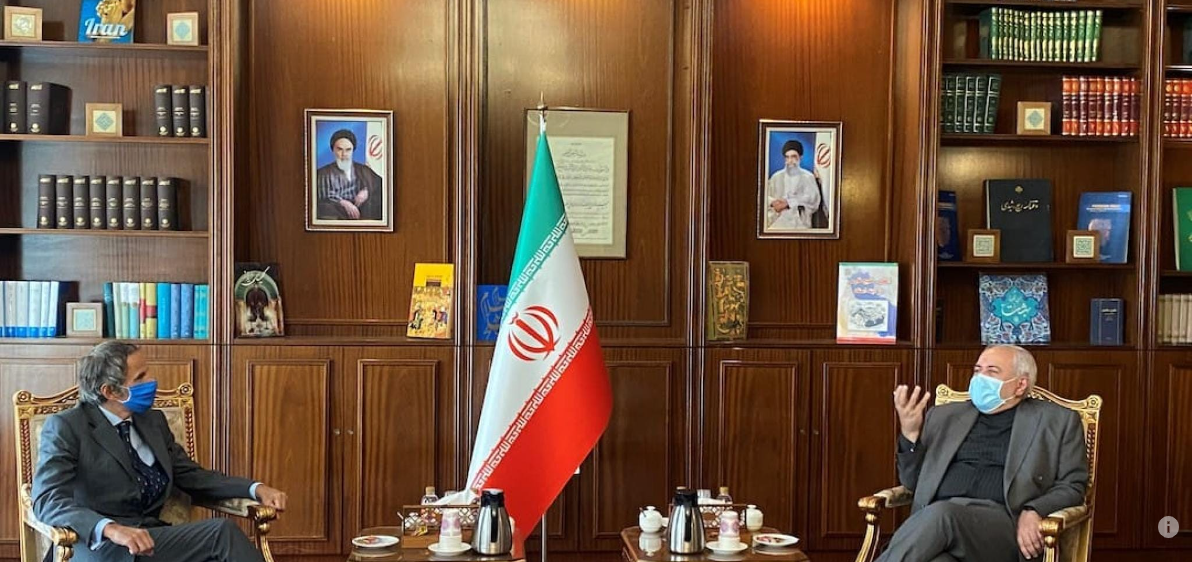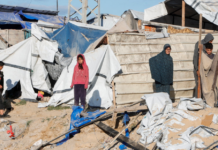On two principles Iran and the new U.S. administration agree: first, the Trump administration’s “maximum pressure” policy aimed at Tehran was a failure and, secondly, reviving the promise of the 2015 Joint Comprehensive Plan of Action (JCPOA) is a strategic imperative. The two sides have correctly diagnosed the problem and identified a remedy satisfactory to them both, so one would think that the hard part would be over. Yet Washington and Tehran remain locked in an avoidable diplomatic stalemate, each insisting that the other take the first step. To escape the impasse, and prevent the JCPOA’s collapse, they need to act swiftly and decisively. The best path would be quiet, direct negotiations. But if that is not possible, the European Union can mediate by encouraging both sides to make initial good-will gestures that will pave the way for direct multilateral talks. Once at the table, all sides can focus on establishing an interim arrangement that stops the standoff from worsening further, followed by an agreement on synchronised steps that bring Iran and the U.S. back into compliance with the deal. The parties should then build on the JCPOA to create a stronger and more stable follow-on accord that addresses broader concerns.






















